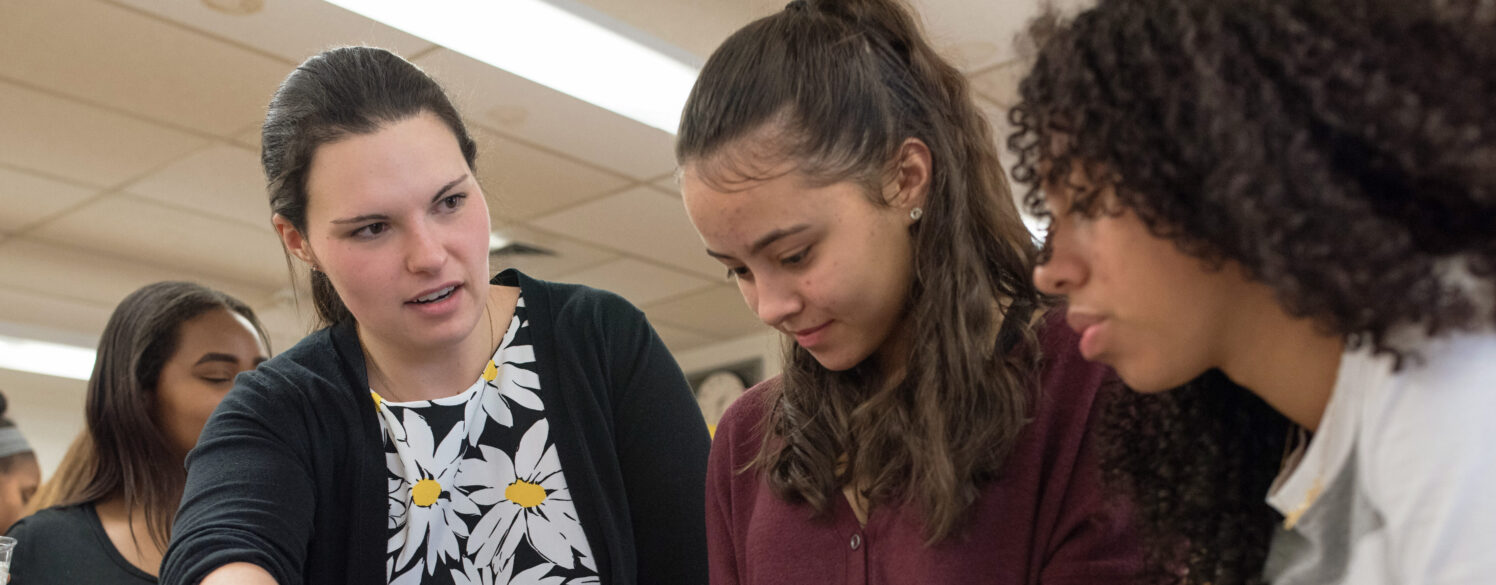Valuable Tools for Educators

Resources
-
Professional Learning Resource Inquiry Teacher Leadership Using Kaleidoscope Articles to Support Teachers’ Professional LearningWhat does teacher sustainability really look, feel and sound like in practice? How can we encourage our colleagues to reflect on this topic? We’ve bundled four articles published in Kaleidoscope about teacher sustainability and prepared thought-provoking ways to deepen your engagement with the material in various sized groups.
View Resource -
Professional Learning Resource Community Building Identity Turning a Presentation into an ArticleWriting an article can feel daunting when staring at a blank page, but teachers routinely share their knowledge with colleagues by giving presentations at their schools and other professional conferences. This resource offers a framework for creating a manuscript from a previously developed presentation.
View Resource -
Classroom Resource Equity Inquiry Evolving Definition of “Doing”The Knowles Teacher Initiative Evolution of Doing Resource helps educators reflect on how their notions of what it means to “do” math or science evolve. This tool supports teachers in considering how these evolving ideas shape the opportunities they create for students to engage meaningfully as doers of the discipline.
View Resource -
Kaleidoscope Identity Teacher Sustainability Teaching, Not Just for the FutureRosalie Shyu explores how two deaths helped her to teach to benefit her students and herself.
View Article View Full Issue -
Kaleidoscope Equity Teaching Strategies The Power of Feedback: A Journey of GrowthMichaelrose reflects on her experiences receiving feedback and how they shaped that way she gives feedback to her students.
View Article View Full Issue